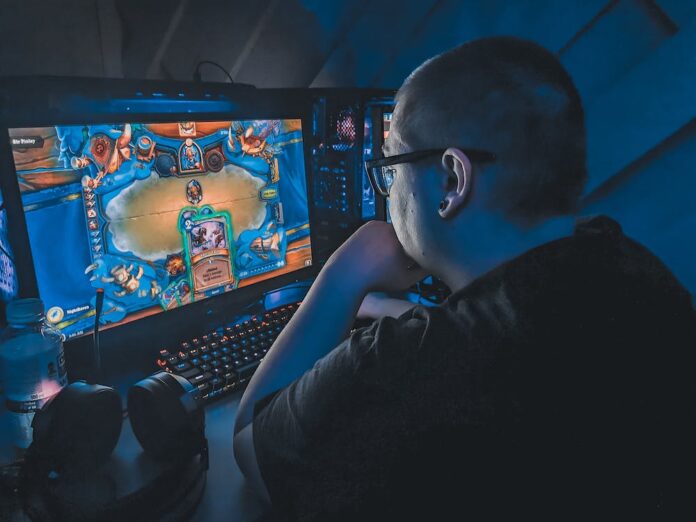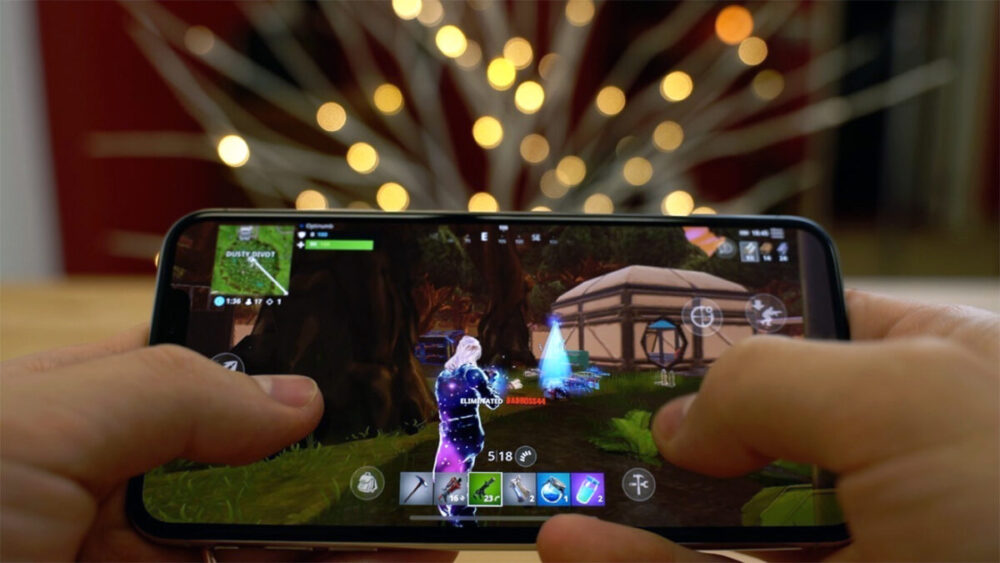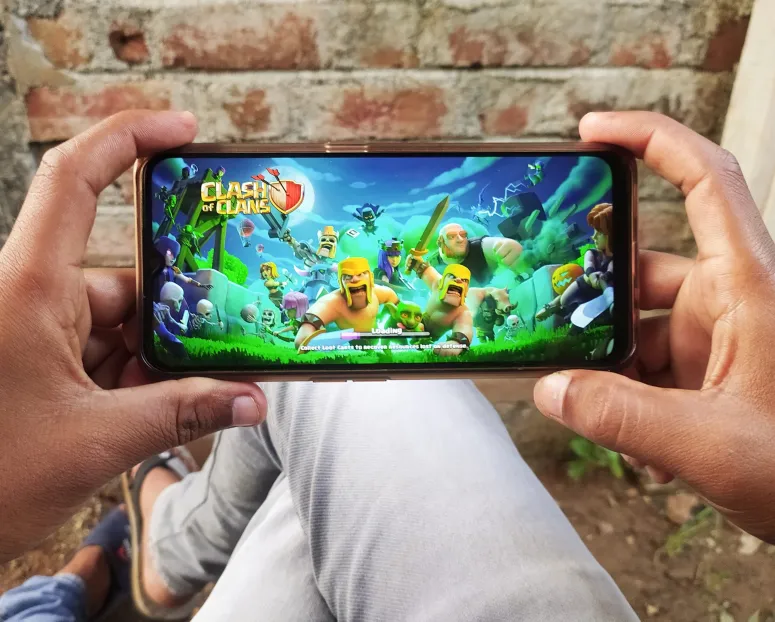
In the 21st century, gaming is a powerhouse big tech and entertainment industry. In the five decades since the world’s first home gaming console was launched, gaming has exceeded all expectations in terms of profitability and popularity. People all over the world play games on a regular basis, creating a global gaming audience exceeding 3.2 billion. Furthermore, video gaming sales are at an all-time high, with the total industry generating revenues of over $196.8 billion during 2022.
With major brands from the worlds of fashion, cinema, and more now jumping on board the gamification trend, we’ve never had more opportunities to play or interact with games – it’s no wonder playing games is the world’s top at-home entertainment activity. The games we play and the ways in which we play them are almost unrecognizable from those early attempts at home gaming during the late 20th century, and it’s all thanks to digital technology.
In this article, we’ll take a look at those indispensable tech developments that have powered the gaming revolution.
The Internet

Where would we be without the internet? So many aspects of our daily lives, from the devices that make our work lives easier to how we choose to spend our downtime, are reliant on internet connectivity. The same goes for the global gaming industry; the industry as it is now simply wouldn’t exist had it not been for the advent of connectivity in the 21st century.
Being connected to the internet has meant that gaming manufacturers have been able to usher in a new batch of games and gaming devices that run at blistering speeds – delivering the performance needed to attract and hold gamers’ attention. Brand new gaming segments emerged as the industry went online, opening up new worlds of possibilities for gamers, including connecting with and competing against players from the other side of the globe.
Without connected technology, we wouldn’t have the ultra-popular genres like Multiplayer Online Battle Arenas (MOBA) and Massively Multiplayer Online Role Playing Games (MMORPG) that flood the market today.
Random Number Generators
The gaming landscape here in the 21st century is incredibly diverse, with games being released that suit all tastes, ages and demographics. Digital gaming has also brought about the modernisation of classic games, including card games like poker and board games like Settlers of Catan. In some cases, it’s actually much more convenient to play such games digitally since they can easily fit into players’ busy lives.
However, what does a digital poker gaming platform like PokerStars have in common with a gacha game like Genshin Impact – aside from being a great all-around gaming experience? The answer is they both make use of random number generators (RNG).
RNGs are software algorithms that are built into games or gaming platforms. Essentially, they’re used to introduce elements of completely unpredictable randomness into a gaming experience. In the case of a game like online poker, they ensure a transparent and fair outcome in which no user is able to predict the turn of the cards. In Genshin Impact and other leading battle royale or RPG titles, RNGs are used to keep gameplay fresh and to introduce randomness through in-game elements like loot boxes or new character skills and attributes.
Mobile Tech

Hands-up, who’s ever played Candy Crush Saga or Angry Birds on their phone while waiting for the train home after a busy day at work? We certainly have! Mobile gaming is ubiquitous and has been the leading segment in the gaming industry for five consecutive years, generating as much as 52% of the industry’s combined revenue in 2022.
The mobile market is one of the key sectors powering the ongoing success of the gaming industry. Unlike PC or console gaming, which is reliant on often expensive hardware, all players need in order to download the newest gaming app is a humble smartphone. This has effectively democratised gaming as a hobby, opening it up to millions of would-be gamers in developing countries. Additionally, it’s also helping to break down gender stereotypes in gaming, with over half of the mobile gaming audience being made up of female players.








